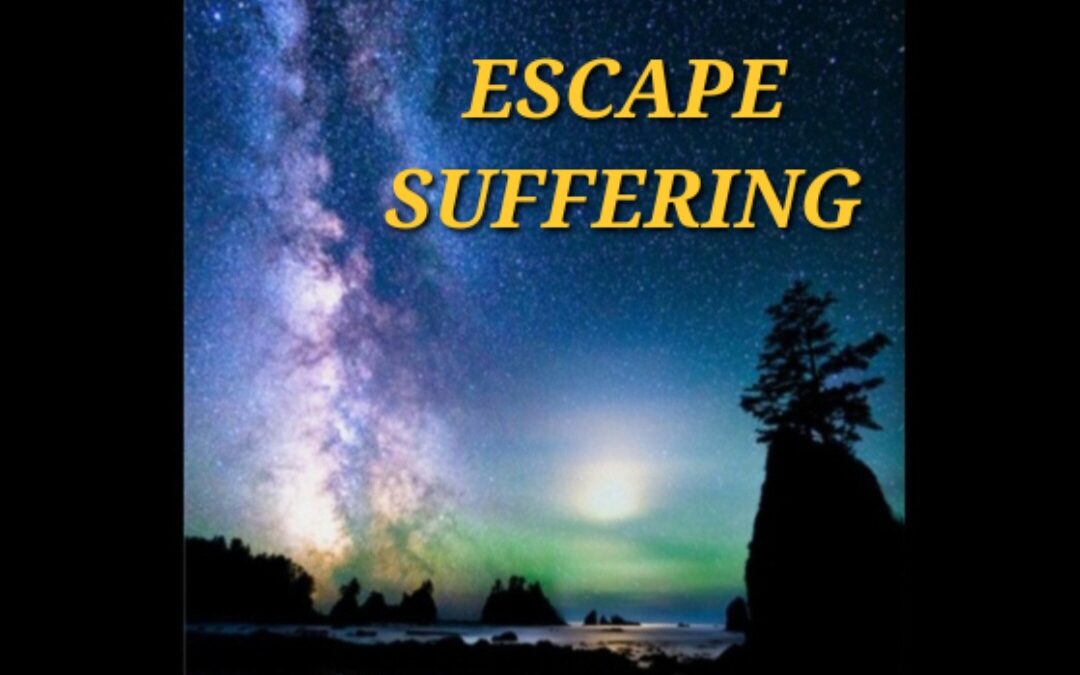I am remembering a period of life when I was invited to explore the fundamental doctrine of Buddhism involving the four noble truths of suffering. I had been asked to reflect on a life of pain, of loss. In doing so, it brought periods of upsetting anguish that I had to remove for my existing life’s journey.
Frankly, I was not excited by the proposition. From my point of view, the only thing suffering ever offered was a kick in the ass. Suffering provided me with moments of caution that exploded out of my life’s haze; thereby, making me aware that I was headed in the wrong direction.
I do not believe that it was ever noble for me to sustain events of suffering. Life did not give me bonus points for weathering prolonged moments of sorrow and distress. I have experienced many intense occurrences, but isolating myself in a wilderness of suffering never served any greater good.
Oddly, I was always able to endure much of my suffering. Occasionally, I would find a state of wisdom. This was not the type of understanding that I gain from books or philosophical discussions. It was self-driven insight that assured me of the balance and awareness that is required to exit life’s suffering events.
For some, the sorrow we experience in a wasteland of suffering heightens our warrior traits. Dignity becomes emphasized. Reinforcement is received from our immediate community or our family. We occupy a space of resolute love, support, and acceptance. Validation is achieved in ways that only our loved ones can offer.
Absurdly, there are moments when we form solidarity with others who have suffered in isolation. These connections have the capacity to enthusiastically tenderize our hearts. However, sharing a suffering experience redefines the personal life adjustments needed. It is an internal pledge that we now need to exclusively direct our energy to self-recovery.
It is my opinion that times of pain and suffering always collapse the reality of living and dying. Witnessing the true measure of our life’s cravings suggests a complex modification of our life plan. A design that rests outside the boundaries that our ego forms.
All of this is not analogous to how we recover from a physical disease. Rather, I simply suggest that all of us come out of the wasteland of suffering differently.
In the end, life’s suffering is best to be catalogued, stored, and remembered. Only then can the safeguards that surround our soul be lowered and genuine humility, growth and self-forgiveness take their place.


 Bud Megargee is a former senior behavioral healthcare executive; a Washington, DC., healthcare lobbyist; and an independently published, best-selling and award-winning author. He began writing after exploring Eastern philosophy and alternative medicine techniques in the professional treatment of emotional challenges at a Taiwanese Buddhist monastery.
Bud Megargee is a former senior behavioral healthcare executive; a Washington, DC., healthcare lobbyist; and an independently published, best-selling and award-winning author. He began writing after exploring Eastern philosophy and alternative medicine techniques in the professional treatment of emotional challenges at a Taiwanese Buddhist monastery.